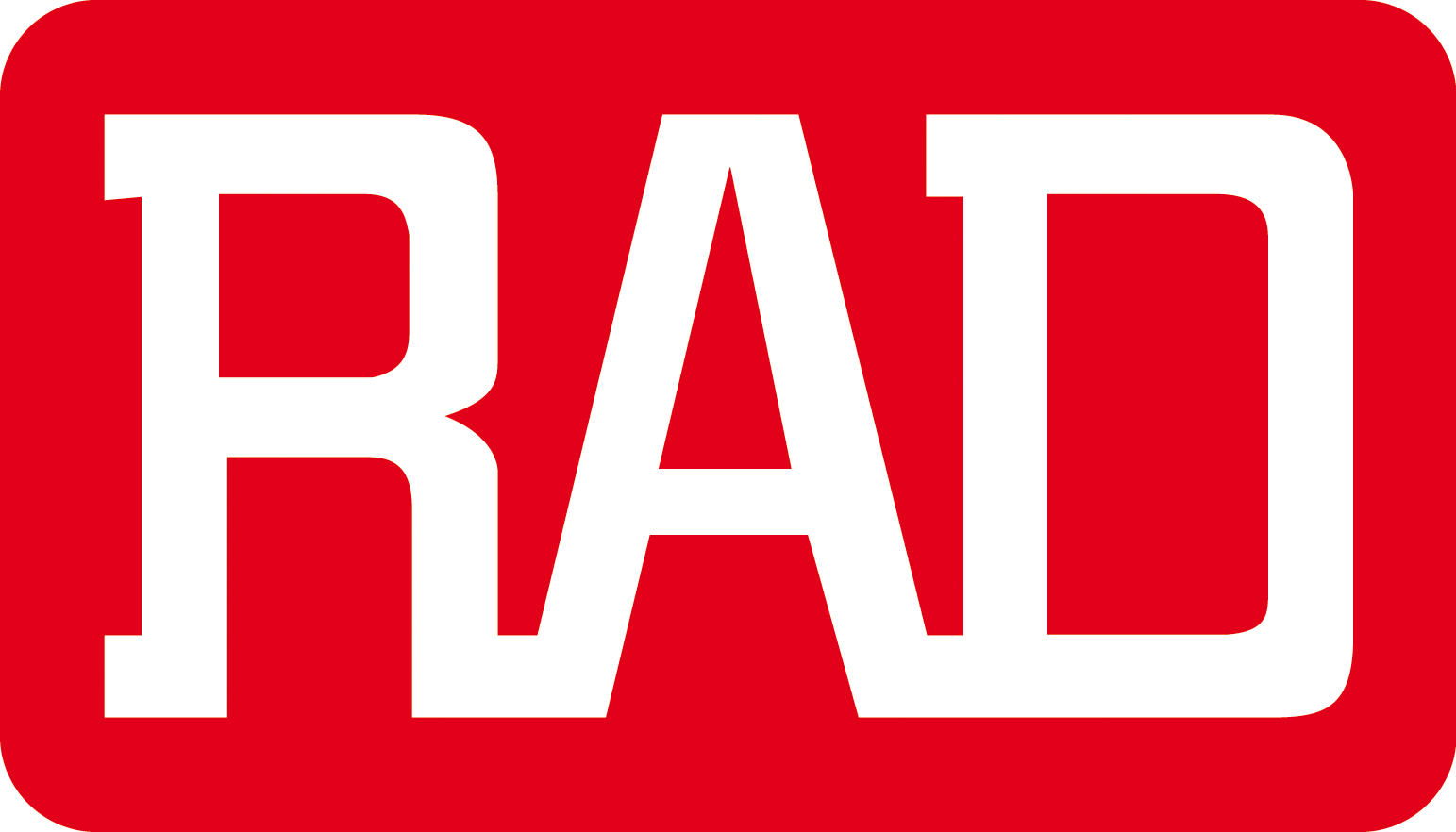




ETX-201 Carrier Ethernet Demarcation Device
ETX-201 has up to 2 uplinks of Gigabit or Fast Ethernet and up to 4 Fast
Ethernet user ports

ETX-201 is a carrier Ethernet demarcation device owned and operated by the service
provider and installed at the customer premises. Providing monitoring and diagnostic as
well as QoS capabilities, ETX-201 focuses on the service and allows the service provider to achieve end to end rather
than edge-to-edge service control. IP address, IP mask, and default gateway
can be automatically obtained using DHCP.
RAD ETX-201 ETHERNET CAPABILITIES
ETX-201 features an internal bridge, operating in VLAN-aware or VLAN-unaware mode.
VLAN stacking can be used for traffic separation between different users or services by defining a Service VLAN ID per
customer or service. When VLAN stacking is used, a Service VLAN tag is added to user traffic and removed from network
traffic. Both Service VLAN ID and Service VLAN priority can be defined.
The ETX-201 provides a user-configurable fault propagation mechanism. When a link
failure is detected at the network port, ETX-201 optionally shuts down a user port
until the network link is restored.
LAYER-2 LOOPBACK WITH MAC SWAPPING
Layer-2 link integrity can be tested by a non-disruptive loopback with MAC address
swapping. When the loopback is activated, ETX-201 exchanges source and destination MAC addresses of the
incoming packets. This loopback can be performed per VLAN (or EVC), it passes through
Ethernet bridges and does not disrupt traffic flows that are not being tested.
ETX-201 ETHERNET OAM
ETX-201 provides comprehensive Ethernet OAM capabilities:
End-to-end (path) based on IEEE 802.1ag and Y.1731 for continuity check, non-intrusive loopback, and
performance management, including Frame Delay, Frame Delay Variation, Frame Loss, Availability etc.
Single segment (link) OAM according to IEEE 802.3ah for remote management and fault indication, including remote
loopback, dying gasp, and MIB parameters retrieval
Performance monitoring includes Frame Delay, Frame Delay Variation, Frame Loss and Availability.
NETWORK INTERFACE REDUNDANCY
The RAD ETX-201 supports two redundancy modes:
Link aggregation (1+1) based on IEEE 802.3ad
Dual homing (1:1), allowing ETX-201 to be connected to two different upstream devices.
PORT COMBINATIONS
ETX-201 offers flexible network and user port combinations:
Ports 1 and 2 Any standard Fast or Gigabit Ethernet fiber optic SFP or built-in 10/100BaseT
Port 3 Any standard Fast Ethernet fiber optic SFP or built-in 10/100BaseT
Ports 46 Built-in 10/100BaseT.
QoS
Different service types require different levels of QoS to be provided end-to-end.
QoS can be defined per subscriber as well as per service. QoS has two aspects: rate
limitation and traffic prioritization.
Hierarchical rate limitation defines peak traffic rate per user, port service, or per
traffic aggregate. This maximizes bandwidth utilization. For prioritizing user traffic ETX-201
features up to four separate queues, which handle traffic with different service
demands, such as real-time traffic, premium data, or best-effort data. In case of congestion, the relevant service
receives higher priority at the customer premises.
Traffic can be classified dynamically and mapped to different priority queues according to VLAN priority, DSCP, Per Port,
or ToS. Appropriate QoS can be achieved without customer marking, by mapping different services and different user ports
(port-based priority).
MANAGEMENT
The ETX-201 can be managed using the following ports and applications:
Local management via an ASCII terminal connected to the RS-232 port
Remote inband management via user or the network ports. Remote management via Telnet or Web
browser.
Management traffic can be separated from user data by creating a dedicated management VLAN.
Up to ten different stations can manage ETX-201 simultaneously, enabling monitoring the network status from
different locations. The following security protocols are provided by ETX-201 to ensure
client-server communication privacy and correct user authentication:
RADIUS (client authentication only)
SSL for Web-based management
SSH for Secure Shell Telnet session
SNMPv3 for secure SNMP sessions.
MEF-9, MEF-14 CERTIFICATION
ETX-201 is certified by the Metro Ethernet Forum for EPL services (MEF-9, MEF-14).

TYPICAL APPLICATIONS
ETX-201 provides access to packet switched networks (Ethernet, IP/MPLS), as well as next-generation SDH/SONET
backbones over Ethernet, using standard fiber optic interfaces. Access to legacy
networks is possible when the edge devices include tributary Ethernet ports (see Figure 2). The termination unit can
be used for site-to-site connectivity (E-line), and for multiple site connectivity
(E LAN), depending on the network topology.
REMOTE MONITORING
ETX-201 uses the Syslog protocol to generate and forward event notifications over IP networks.
ETX-201 supports DDM (Digital Data Management) SFPs according to SFF-8472 Version 9.3.
COLLECTING TFTP STATISTICS
ETX-201 supports collecting TFTP OAM statistics for upload to the NMS.
ENVIRONMENT
ETX-201/H is a temperature-hardened version with matching SFPs intended for industrial installations.

ETX-201 product data sheet (pdf)